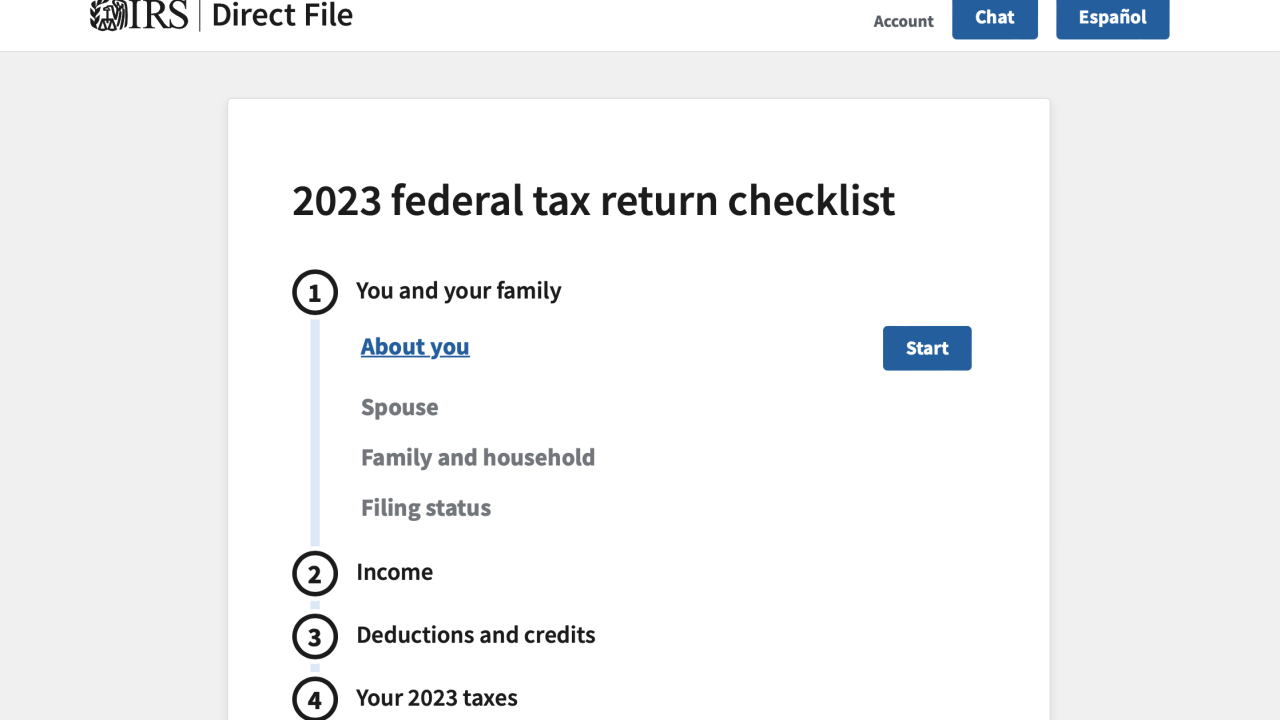The Internal Revenue Service has issued a notice and revenue procedure indicating it is studying issues related to the spinoff of real estate assets for tax reasons.
The notice and revenue procedure relate to plans by companies such as chain restaurants and retailers to spin off their real estate assets and split them from their operations for tax reasons. Darden Restaurants, which owns the Olive Garden and other popular chains, has plans for such a spinoff, while McDonald’s and Macy’s are also being urged by some of their investors to spin off their property into a separate entity, according to
In the notice, the IRS and the Treasury said they have become aware, in part through requests for letter rulings, that some taxpayers are taking the position that certain distributions from such deals would qualify for treatment under Section 355 of the Tax Code. Section 355 generally provides, according to the IRS, that if certain requirements are satisfied, a distributing corporation may distribute the stock and securities of a controlled corporation to its shareholders and security holders without the distributing corporation, its shareholders, or its security holders recognizing income, gain or loss on the distribution. However, Section 355 does not apply to a distribution if the transaction is mainly used as a device for the distribution of the earnings and profits of the distributing corporation or the controlled corporation, or both.





